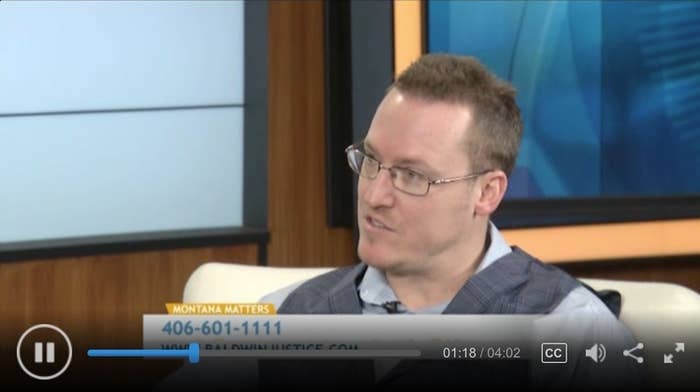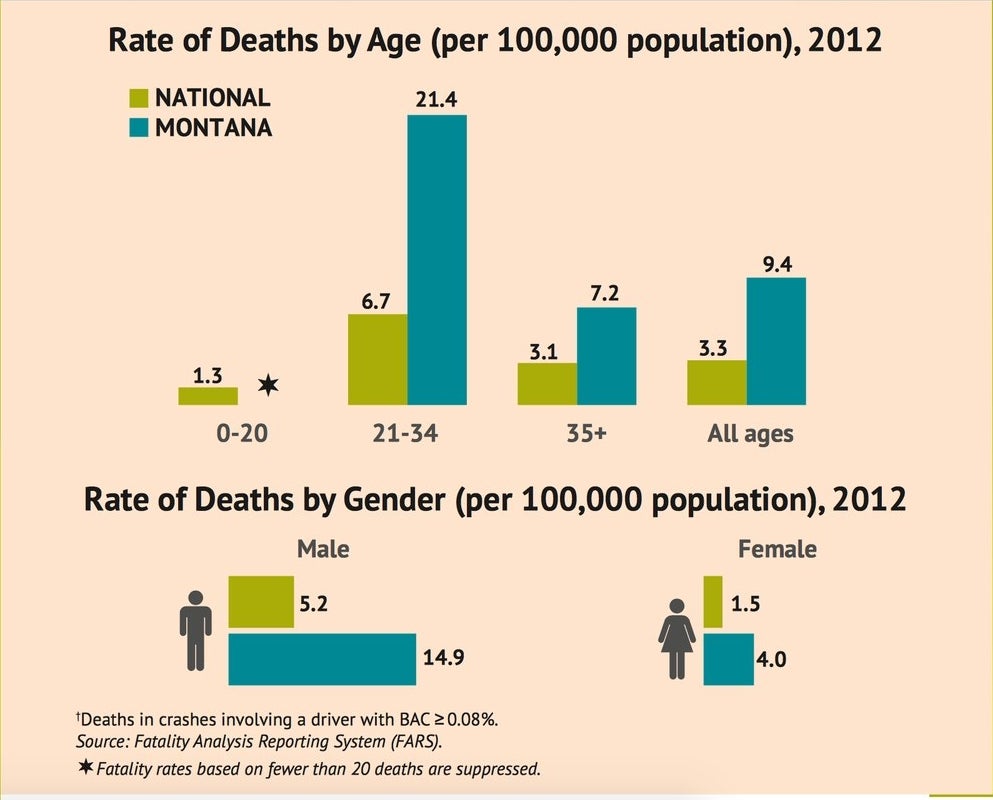Q2 News (KTVQ) out of Billings, Montana
aired the segment as part of it's 'Montana Matters' series of interviews which began airing during the station's Noon News in June.
The videos (found under the 'Community' tab of the station's site) are touted to provide "insights into local Montana products and services" and allow locals to "learn from Montana’s business leaders on how to improve your health, indulge your palate, and enhance your home."

Titled 'Montana Matters interview with Tim Baldwin on DUI', the interview begins with a placard highlighting the fact that the interview is promoted content and views held with in are not those of the station.

The interview begins with host Diane Parker asking "Is it actually against the law to drive after drinking alcohol?"
"No, it's not actually" Baldwin replies. He proceeds to give the list of basic rights one has when pulled over.
The part of the interview that seemed to illicit the most reaction from fans of the station's Facebook feed was the section in which Baldwin broke down different defenses for a DUI.
Baldwin listed many ways to suppress evidence of the guilt of the defendant, from questioning the legality of the stop to attempting get evidence declared invalid due to improper handling.
DUI in Montana
Drunk driving is a major concern in Montana. According to studies by the CDC, DUI's in Montana account for nearly quadruple the amount of deaths for people ages 21-34 than the national average. Accoring to alcoholalert.com 44% of motor vehicle deaths in 2014 resulted from drunk driving.
Given these facts viewers are expressing out rage over the seemingly irresponsible advice given through their program, calling instead for preventative measures to be shown.

What do you think? Let us know in the comments below; should stations beheld accountable for the message of sponsored content?

